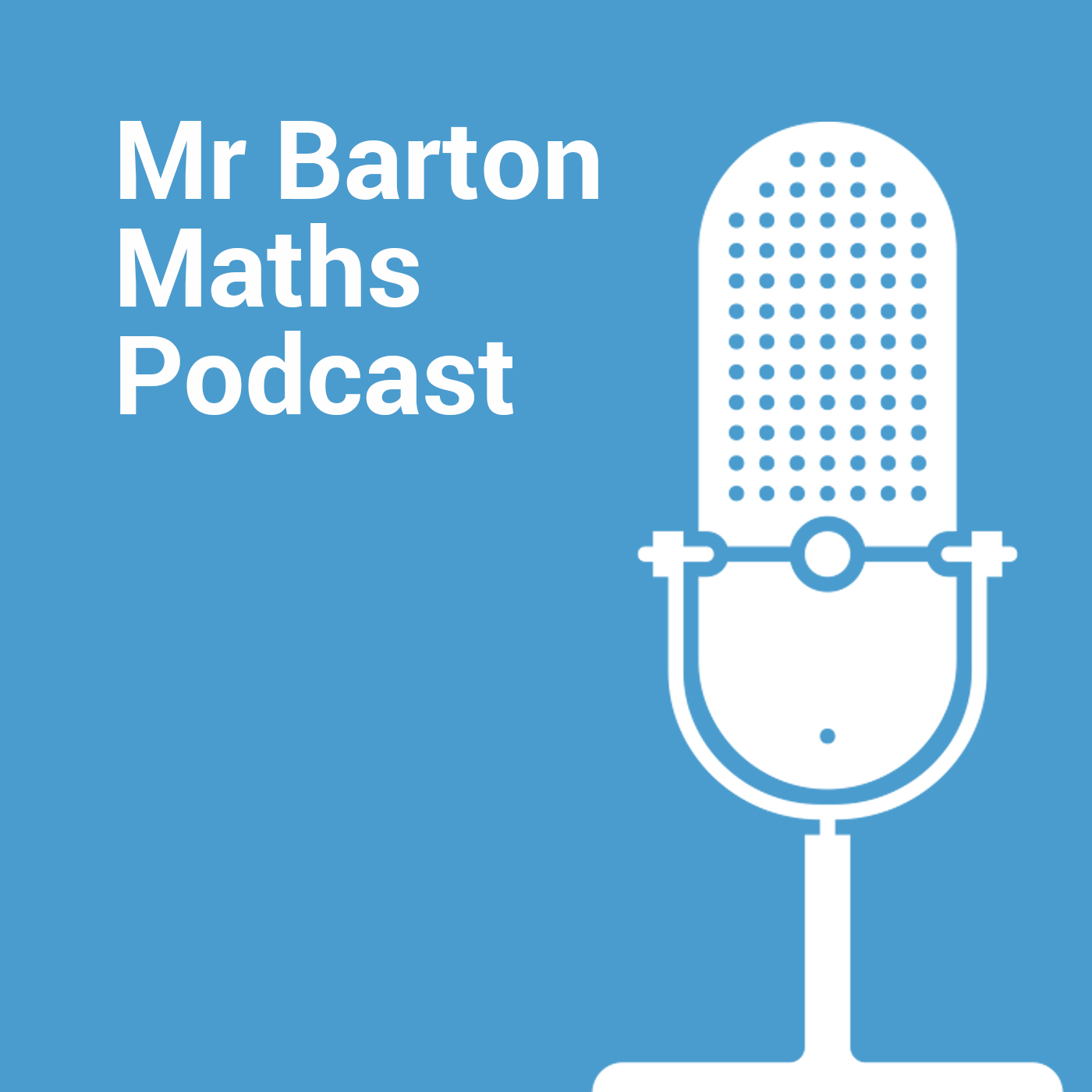
Craig Barton interviews guests from the wonderful world of education about their approaches to teaching, educational research and more. All show notes, resources and videos here: https://www.mrbartonmaths.com/blog/
As part of my trilogy of interviews with the awarding bodies about the new Maths GCSE, and what it is like to do their job, I spoke to Neil Ogden from OCR.
For more information about today’s guest, plus links to the websites, resources and ideas they mention, please visit the show notes page: http://www.mrbartonmaths.com/blog/3-neil-ogden-maths-specialist-at-ocr/

On this episode of the Mr Barton Maths Podcast I spoke to Neil Ogden from OCR, in the final part of what nobody except me is calling “The Great Exam Board Podcast Trilogy”
Neil and I spoke about many things, including:
- If he could completely redesign maths GCSE assessment what would he do?
- How difficult has it been to design papers and support materials for the new GCSE Maths specification?
- How are OCR’s actual GCSE exam papers different to those of AQA and Edexcel, and why did they made those choices?
- The wealth of free resources that OCR have available
- Did Ofqual ever consider changing the names away from “Higher” and “Foundation”?
- And once again I push my luck over the issue of grade boundaries. Will I get a definitive answer? Spoiler Alert: no I won’t!
All of the resources Neil mentions can be found at the OCR pages here:
http://www.ocr.org.uk/qualifications/gcse-mathematics-j560-from-2015/
Music for the podcast is provided by podcastthemes.com. If you want to get in contact, on twitter I am @mrbartonmaths.
My usual plugs:
- You can help support the podcast (and get an interactive transcript of all new episodes) via my Patreon page at patreon.com/mrbartonmaths
- If you are interested in sponsoring an episode of the show, then please visit this page
- You can sign up for my free Tips for Teachers newsletter and my free Eedi newsletter
- My online courses are here: craigbarton.podia.com
- My books are “Tips for Teachers“, “Reflect, Expect, Check, Explain” and “How I wish I’d taught maths”
